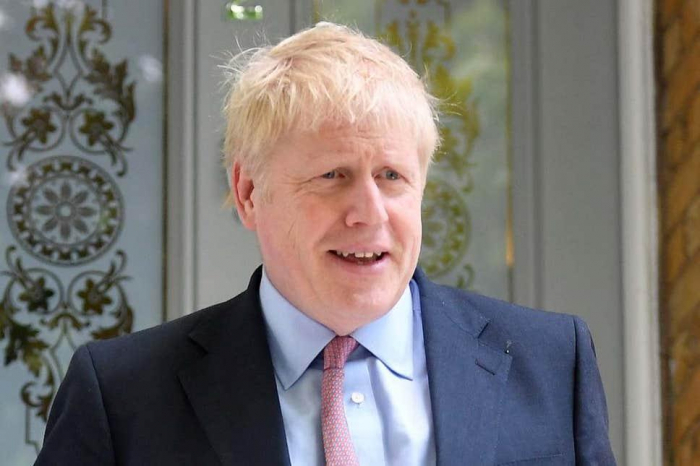Britain left the European Union on Jan. 31 but rules governing trade, travel and business have remained unchanged during a transition period which ends on Dec. 31, when a new relationship will be established - with or without a deal.
The talks between Johnson and von der Leyen could provide the political impetus to move the sides closer to bridging their substantial differences, or highlight how the “red lines” on both sides mean a deal remains out of reach.
If the two sides fail to reach a deal, the five-year Brexit divorce will end messily just as Britain and Europe grapple with the vast economic cost of the COVID-19 outbreak.
British and EU negotiators paused trade talks on Friday to call in their leaders to try to narrow the gaps and get an agreement after a week of negotiations failed to bridge significant divergences between the two sides.
“We keep calm, as always, and if there is still a way, we will see,” EU chief negotiator Michel Barnier told broadcasters in London as he left for Brussels.
Johnson was expected to speak to Barnier’s UK counterpart David Frost and other officials on Saturday morning, ahead of the von der Leyen call.
The pause in talks on Friday was the latest twist in months of negotiations which have barely moved on the three thorniest issues - fisheries, ensuring fair competition guarantees and ways to solve future disputes.
Sources from both sides said that French demands over fishing rights in British waters remained a key issue.
However, one EU diplomat said French President Emmanuel Macron was not the only one with reservations, and several member states had also raised concerns over how far Barnier had moved on competition issues, known as the level-playing field.
“It’s not just Macron,” the diplomat said.
Britain says the EU must respect its sovereignty because the 2016 Brexit referendum result was a vote to “take back control”.
But the EU says Britain’s proximity to the bloc means it cannot offer the “Canada-style” free trade deal that Johnson had been seeking.
Neither side has walked away from the talks yet, suggesting they still hold out some hope of securing a deal governing almost $1 trillion of annual trade to avoid a disorderly end to more than 40 years of British membership of the European club.
In the absence of a trade deal, the United Kingdom would trade with the EU on World Trade Organization terms, which would lead to new tariffs and potentially significant price rises for some goods.
A no-deal exit is the nightmare scenario for businesses and investors, who say it would snarl borders, spook financial markets and sow chaos through supply chains that stretch across Europe and beyond.
















































